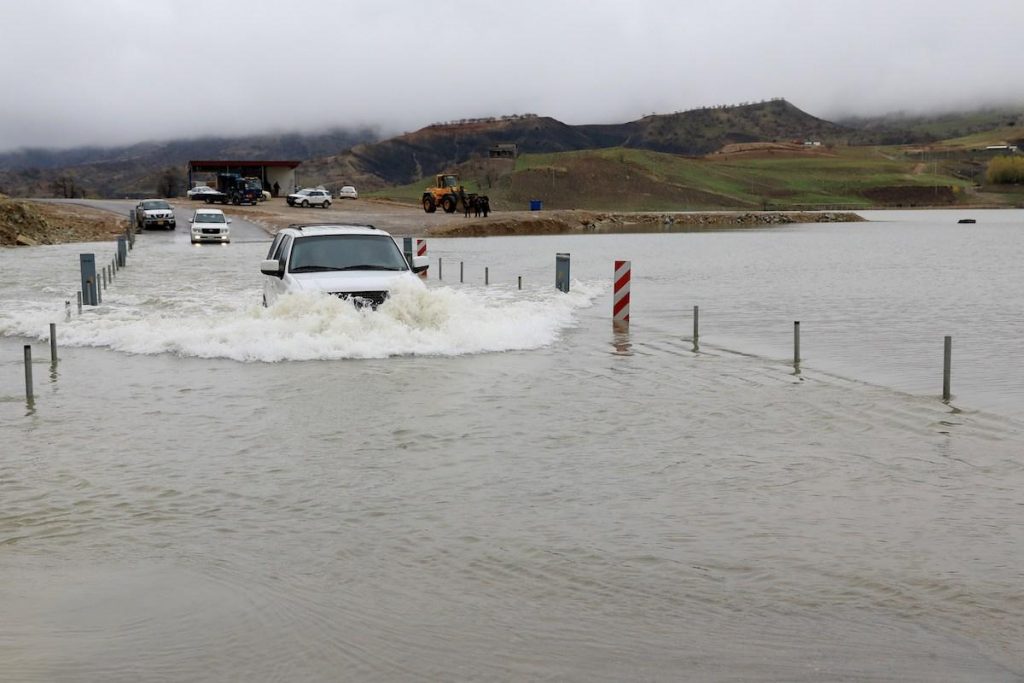Samarra (Iraq): Water levels in Iraq’s reservoirs and dams have reached historic heights, with thousands of families facing possible displacement by more flooding.
Weeks of rain compounded by melting snowcaps in neighbouring Turkey and Iran have almost filled Iraq’s four main reservoirs and swelled the Tigris and Euphrates rivers.
In Samarra, north of Baghdad, water is being diverted into the natural reservoir at Tharthar Lake in amounts unseen in decades, said dam chief Kareem Hassan.
“Today, the Tharthar barrage is seeing the highest levels of water passing through in its history,” Hassan said. “We haven’t seen such levels pass through the structure since it was founded in 1956, so 63 years.”
The Dukan dam in the northeast also “had not witnessed water levels this high since 1988,” said manager Hama Taher, calling on people living nearby to leave.
Authorities have said the excess will be stored in reservoirs ahead of expected droughts during blistering summer months, and have pre-emptively restricted farmers from planting crops that need high amounts of water.
The water arriving at Tharthar is gushing south from Iraq’s largest reservoir in Mosul, currently holding nine billion cubic metres of water — some two billion short of capacity, the water ministry has said.
The high levels have put two bridges linking the banks of Mosul under water, leaving truck drivers stranded with goods on either side.
Water levels in Mosul were also blamed by some for last month’s ferry drowning that killed more than 100 people.
Further south, villages and surrounding fields have been flooded, sending farmers into a frenzy.
More than 8,000 hectares of agriculture have been flooded in the small village of Huweidi in Basra province alone, according to its mayor Mohammad Nasseh.
Hundreds of families were displaced in the southern province of Missan, with another 2,000 possibly forced to flee soon, the United Nations has said.
The UN has had to deliver humanitarian aid by boat in some areas due to flooding, it said Wednesday.
AFP
